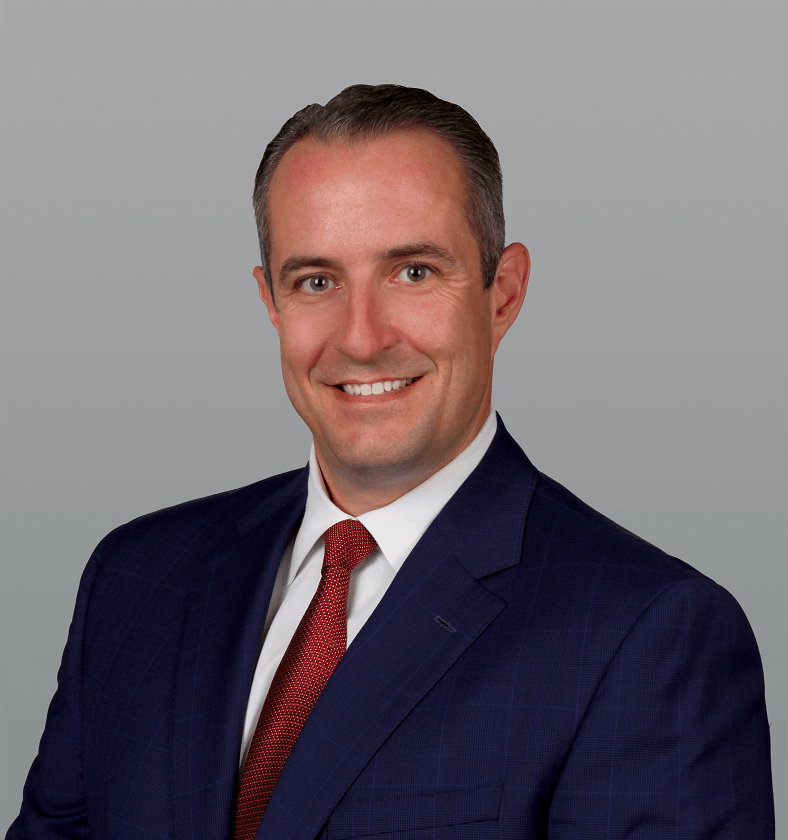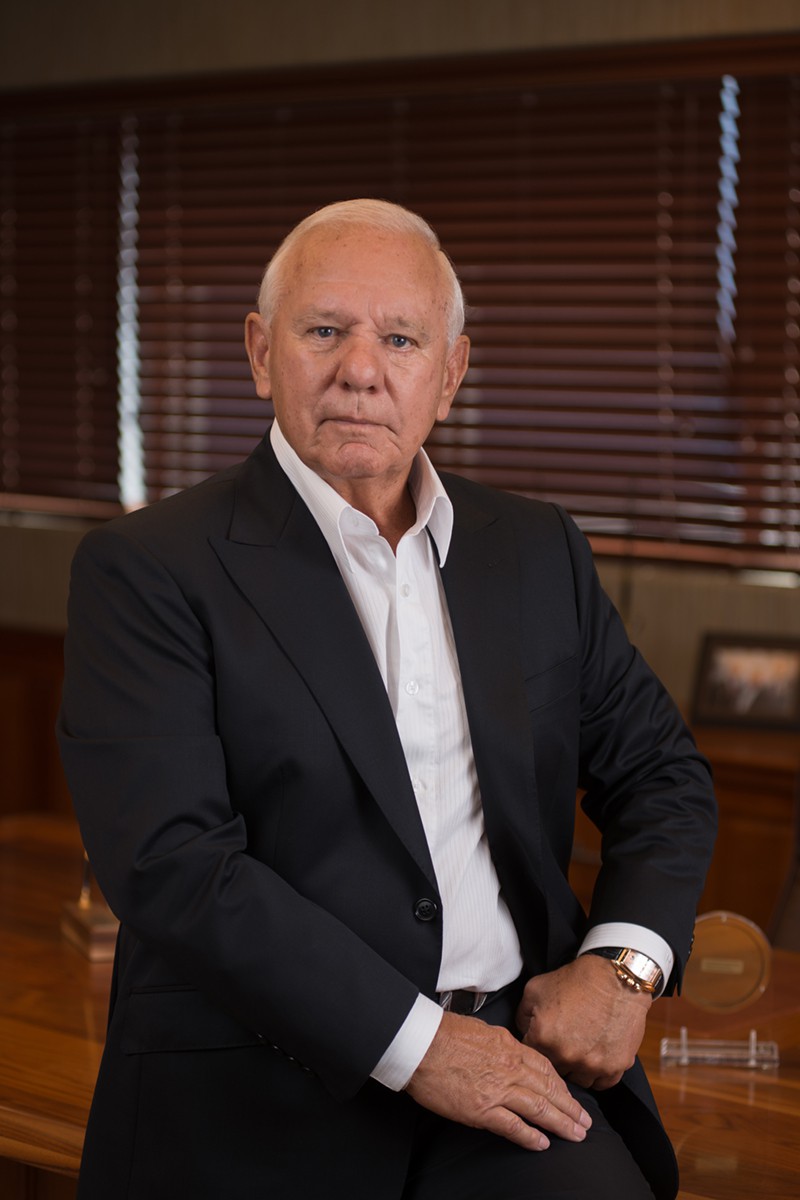Do you fret about the possibility of going broke in retirement? Keep reading to see if you’re on track or in trouble.
The fear of running out of money after you retire is common among both workers and retirees. How do you know if you’ll be able to do all the things you want to do and still have plenty left over for your kids to inherit? If most or all of the following statements apply to you, then you’re on track to have ample funds when you retire.
1. You know your “retirement number”
When you’re decades from retirement, it’s hard to figure out just how much money you’ll need to get by as a retiree. There’s a lot that can happen between now and then, which is why experts have come up with a number of ways to calculate how much you’ll need. Saving 10 times your current income, or saving enough so that you can replace 80% of your current annual income, or simply saving 15% of your income each year are all common methods of finding your retirement savings target. Whether you’re using one of these “close enough” approaches or you’ve spent some quality time with a retirement calculator to get a more customized result, you’ve figured out — realistically — how much you need to save by retirement age.
IMAGE SOURCE: GETTY IMAGES.
2. You have a plan and you’re sticking to it
Once you have your retirement number, you need to act on that information. The next step is to figure out how to get your savings target out of your budget and into a retirement account. That means you need a saving plan. Usually, the best approach is to set up an automatic transfer so the money will flow into your retirement account without ever winding up in your hands. If you have a 401(k), you can ask your company’s plan administrator to set up a direct deposit to the account with every paycheck. If you have an IRA, then you can set up a regular transfer with your bank.
Of course, if you’ve elected a more manual approach and it’s working for you, then by all means stick with it. The important thing is that the money you need to save is landing in your retirement savings account on schedule.
3. You’re using the money wisely
That money you’re saving so religiously shouldn’t just lie around in your account and languish. That money should work as hard as you do, making much more money for your future use. And the only way to make that happen is by investing your retirement savings, with an emphasis on stocks. The long-term return of the stock market blows nearly every other type of investment out of the water, so stocks are by far the most effective retirement savings investment.
Of course, stocks come with a substantial dose of risk, so tucking away a percentage of your money in a lower-risk, lower-return investment — namely, bonds — will give you a sort of retirement insurance. Subtract your age from 110, put a percent symbol after the result, and invest that portion of your retirement portfolio in stocks, with the remainder in bonds. For example, if you’re 40 years old, keep 70% (110-40) of your portfolio in stocks and the remaining 30% in bonds.
And while it’s fine to experiment with buying individual stocks using a small portion of your stock money — say, 10% or so — the bulk of it should be in an index fund or a low-fee index-tracking exchange-traded fund such as the Vanguard S&P 500 ETF (NYSEMKT:VOO).
4. You’ve planned for multiple income streams
The old saying “don’t put all your eggs in one basket” is one that retirees should take to heart. Having a single source of income means that if something happens to that income stream, you’ll be in an enormous amount of trouble. But if you have five sources of income, you’ll probably be all right if one of them vanishes. Most retirees will have at least two sources of income — Social Security benefits and investments from retirement savings — but consider diversifying your income sources even further. Your options include annuities, part-time work, investment real estate, a silent partnership in a small business, and whatever else seems like a good fit to you.
When choosing your income options, it’s best to stick with what you know. For example, if you already own a small business, then you might retain a silent partnership after you retire, but you shouldn’t buy a part-ownership in a randomly chosen business after you retire.
5. You know that it’s a marathon, not a sprint
When it comes to preparing for retirement, the most important quality you can cultivate is consistency. It can be hard to hide your money away from yourself month after month and year after year, and to keep that money working hard for you the whole time. But if you can manage that little trick, you’re unlikely to run into a money shortage during retirement. And that means that all your hard work will be well rewarded once you hit retirement age.
Are you planning your retirement? Be sure you’re not committing these 7 deadly retirement “sins”!
If you’re hoping for a safe and comfortable retirement, then you’d better be sure to avoid these 7 deadly “sins”! HINT: We’re all guilty of #1… while #2 alone could cost you a whopping $42,855*… and #5 is practically criminal!
Now here’s the GOOD news. One top financial planner – working alongside the experts at Motley Fool Wealth Management – has prepared a report, ” The 7 Deadly Retirement “Sins” (And How to FIX Them).” And your copy is 100% free today.
Inside this free, no-nonsense guide, you’ll discover how much you should be saving, plus tips and tricks to wring the most out of your Social Security and 401(k). It could make all the difference to your retirement, so click the link below right now.
The 7 Deadly Retirement “Sins” (And How to FIX Them) – it’s FREE!
*If you’re among the 1-in-4 Americans NOT maxing your 401(k) match! Motley Fool Wealth Management, an affiliate of The Motley Fool, is a separate entity that is registered with the U.S. SEC, and all investment decisions for client portfolios are made independently by the asset managers at MFWM.
A message from Motley Fool Wealth Management
The Motley Fool has a disclosure policy.
















